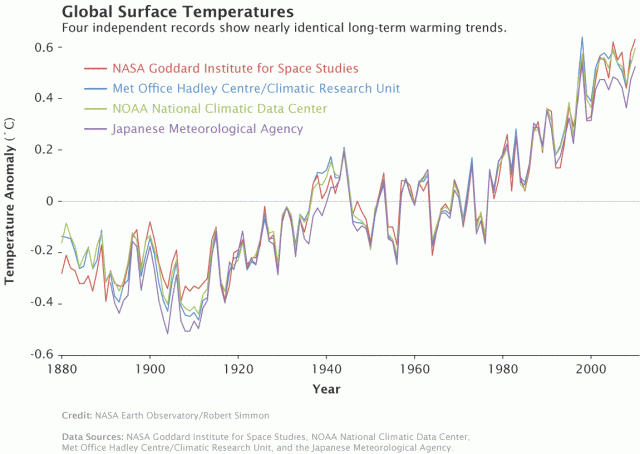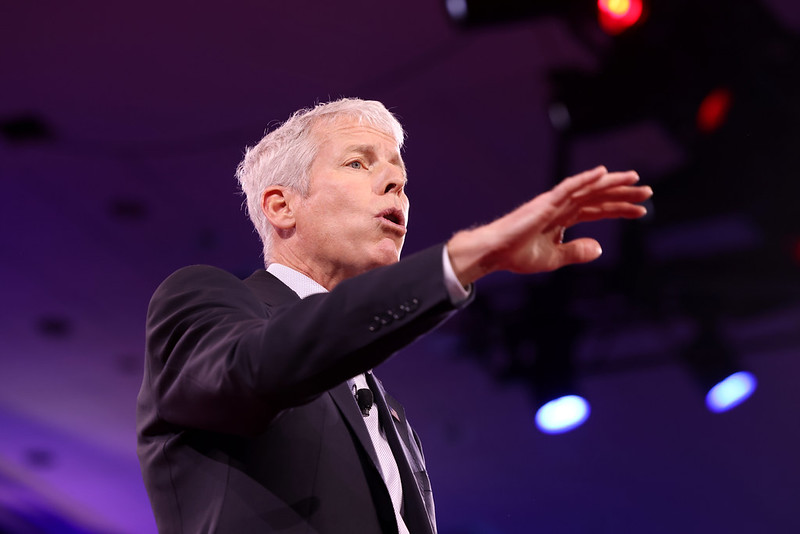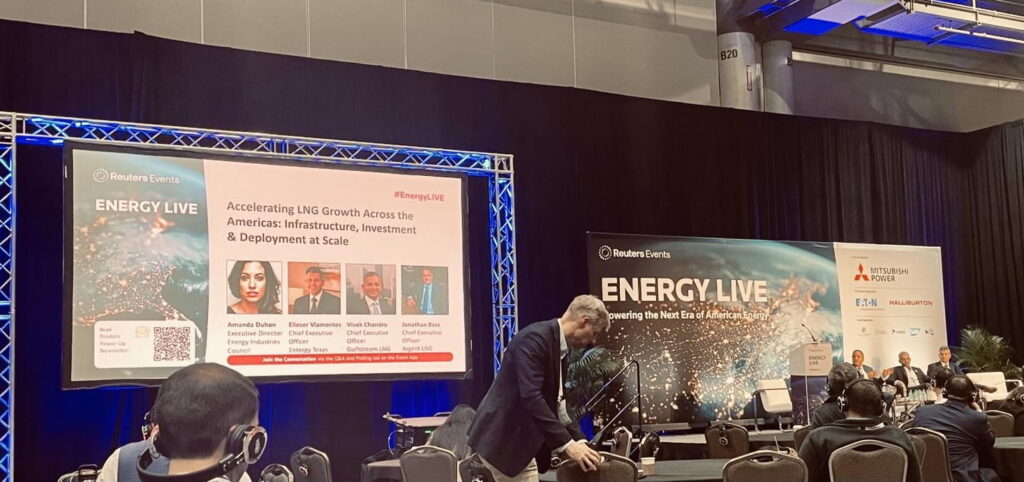Readers of my posts over the last half year will be familiar with the phenomenon of motivated reasoning, in which people’s subconscious emotional impulses lead them to respond, in a biased way, to information that challenges their deeply held beliefs and worldviews. We’ve been focusing on this so much because I believe it explains a great deal of what we here call climate change denial, and the resistance to inconvenient science (and inconvenient facts) in general.
One important researcher on motivated reasoning is Dartmouth political scientist Brendan Nyhan. In Mother Jones, I described one of his previous studies, demonstrating how motivated reasoning can lead to a “backfire effect” when people are confronted with politically inconvenient information:
Take, for instance, the question of whether Saddam Hussein possessed hidden weapons of mass destruction just before the US invasion of Iraq in 2003. When political scientists Brendan Nyhan and Jason Reifler showed subjects fake newspaper articles (PDF) in which this was first suggested (in a 2004 quote from President Bush) and then refuted (with the findings of the Bush-commissioned Iraq Survey Group report, which found no evidence of active WMD programs in pre-invasion Iraq), they found that conservatives were more likely than before to believe the claim. (The researchers also tested how liberals responded when shown that Bush did not actually “ban” embryonic stem-cell research. Liberals weren’t particularly amenable to persuasion, either, but no backfire effect was observed.)
So how do you persuade people, if not with factual corrections of the sort run by newspapers? That’s what a new paper by Nyhan and Reifler has undertaken to study.
This time, the contested issues under examination were whether the 2007 troop “Surge” decreased insurgent attacks in Iraq (it did), whether the U.S. economy added jobs during 2010 under President Obama (it did), and whether global average temperatures have risen since 1940 (they have). Those who opposed the Iraq war and supported troop withdrawals were disinclined to credit George W. Bush’s surge with having worked. Those who oppose President Obama are disinclined to credit him on the economy, or to generally believe in global warming—especially that it is human caused.
Nyhan and Reifler once again confronted partisans with information on these subjects that (presumably) contradicted their beliefs—but there was a twist. This time, the contradictory information was sometimes presented in the form of a convincing graph, showing a clear trend (in attacks, jobs, or temperatures). And second, sometimes the individuals went into the manipulation after having undergone a “self-affirmation” exercise, in which they were asked to describe a positive character attribute or value that they possessed, and a situation in which showing that attribute or trait made them feel good about themselves.
And in both cases, the manipulation worked—although by different means.
Presenting an unequivocal graph was powerful enough to change people’s views, even as presenting technical text (at least in the rising temperatures case) was not. Meanwhile, getting people to affirm their values and sense of self also decreased their resistance, presumably because they felt less threatened by challenging information after having had their egos reinforced and their identities bolstered.
This is a really important development, in several ways. First, it shows that scientists who communicate in wonk text, or cluttered graphs that are hard to follow, are shooting themselves in the foot. For instance, here is the wonk text in question, straight from a NASA press release*—the text that failed to work where a graph succeeded:
Groups of scientists from several major institutions — NASA‘s Goddard Institute for Space Studies, the National Oceanic and Atmospheric Administration’s National Climatic Data Center, the Japanese Meteorological Agency and the Met Office Hadley Centre in the United Kingdom — tally data collected by temperature monitoring stations spread around the world. All four records show peaks and valleys that vary in virtual sync with each other. They each show an increase in average global surface temperatures of approximately 0.5 degrees Celsius over the last three decades. Data from each source also indicate that the last decade is the warmest since 1940.
By contrast, here is the graph that worked (it is also the image accompanying this post).
But I think the finding about self-affirmation is even more important. Because what this shows is that people are clearly resisting facts because these threaten their identities—which means that arguing back at them factually will only make them more defensive and engender a backfire effect. By contrast, approaching them in an emotionally sensitive and aware manner, and making them feel less threatened, will open them up. (Sometimes, at least.)
Nevertheless, there are also several potential problems that I see with the study, and its global warming portion in particular.
First, none of the study’s manipulations were done in a really partisan context that would have gotten people’s political emotions firing, priming them to be really, really defensive. For instance, people were asked if jobs increased, but they weren’t asked whether “President Obama’s unfairly maligned stimulus worked to help save the economy from disaster, in contradiction to the bogus claims of many Tea Partiers.”
Similarly, the most hotly contested issue in the climate debate is not whether the world has warmed, but whether humans are responsible for that warming. Many deniers will agree that warming has occurred, but then claim that it’s natural. So they might not have found the information presented in the study very threatening. And once again, it wasn’t presented in the most partisan and emotionally arousing way—e.g., they weren’t shown evidence to prove that “Al Gore is right about global warming and those who have been irresponsibly attacking him, like Rush Limbaugh, don’t know what the hell they’re talking about.”
Second, while I am not surprised that John Q Climate Skeptic cannot refute a definitive temperature graph, I think that those who occupy climate denial blogs—a very small proportion of the total public, but individuals who are very engaged on this issue and very intense in their beliefs—would be more than happy to give it a try. In fact, we see them picking apart and undermining graphs, like the Hockey Stick graph, all the time.
In other words, if high bias is combined with high sophistication (as in the case of the most engaged climate deniers), I don’t think the graphical treatment is going to work. Nyhan and Reifler write that “graphs may be effective in reducing misperceptions because they are more difficult to counter-argue”—but some will still be able to. Al Gore showed lots of graphs in An Inconvenient Truth, and that hardly stopped him from being attacked (by people who don’t know what the hell they’re talking about ;>).
Will the self-affirmation work on such folks? I would imagine at least to an extent. It would make them less defensive. But some people are so set in their beliefs that they are virtually unchangeable.
Luckily, the new study suggests they’re a relatively small proportion of the overall population.
*CORRECTION: The graph and text discussed above were based on, but did not exactly duplicate, the NASA press release. I regret the error.
Subscribe to our newsletter
Stay up to date with DeSmog news and alerts






